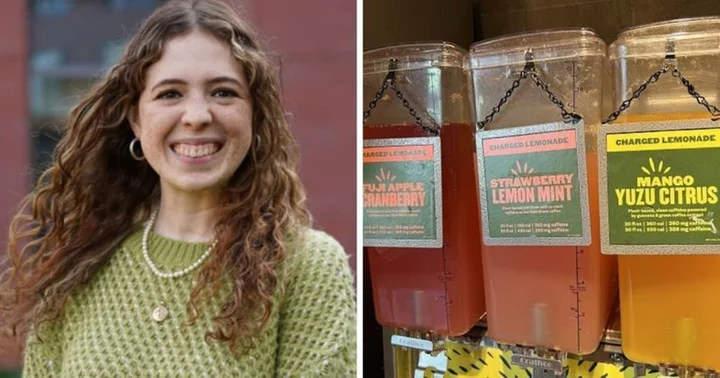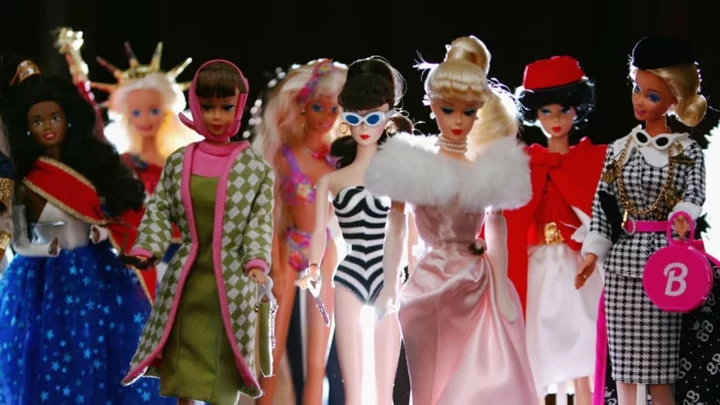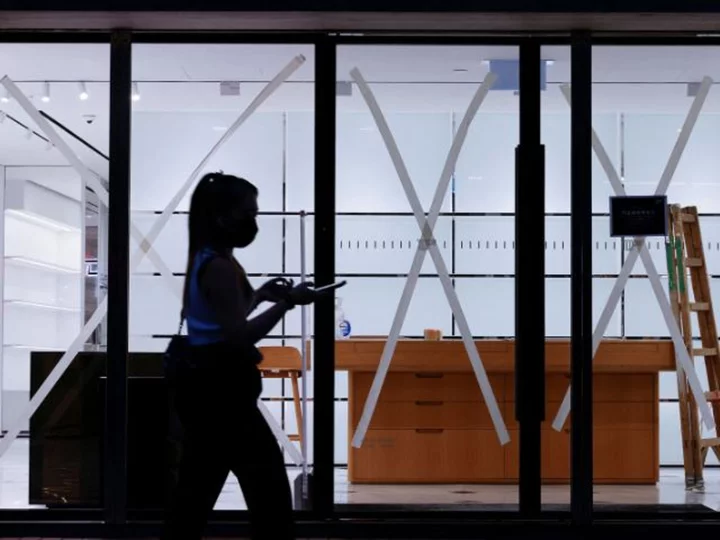PHILADELPHIA, PENNSYLVANIA: Panera Bread, held by JAB Holding Company, has been sued by the family of a 21-year-old UPenn student who died after consuming a "charged lemonade" from their branch in Philadelphia.
Sarah Katz, a UPenn junior, died of cardiac arrest on September 10, 2022, hours after having the caffeinated drink.
Since childhood, she also suffered from a heart condition, Long QT syndrome.
Is Panera Bread an American company?
Panera Bread is a chain store of bakery-café fast food restaurants owned by JAB Holding Company, which is, in turn, largerly controlled by the Reimann family of Germany.
The Reimanns are one of the richest family dynasties in the world, worth at least $19 billion, according to Forbes. The German family owns the controlling interest in JAB Holding, the company that owns well-known chains including Krispy Kreme, and Pret a Manger, besides Panera, as per Business Insider.
The bakery, cafe, and fast food chain store originally began in 1987 as 'St Louis Bread Company'. With its headquarters in Sunset Hills, Missouri, Panera Bread now has over 2,000 locations in the United States and Canada
The chain store sells pasta, sandwiches, salads, and specialty drinks besides bakery and pastry items.
How did Sarah Katz die?
Hours before her death, Katz consumed a large "charged lemonade" from Panera. Later, she collapsed while attending a friend's party in a restaurant.
She passed away after suffering a second cardiac arrest at the hospital.
According to the lawsuit against the company, her parents said she avoided energy drinks due to her health condition.
The lawsuit also contains a medical examiner's report saying the UPenn student died of cardiac arrhythmia caused by Long QT syndrome.
The report does not explicitly say that the drink is the cause of death. However, her system contained only the drugs they gave while resuscitating her.
What is the lawsuit against Panera Bread?
Katz's parents, Jill Katz and Michael Katz filed the lawsuit against the company on October 23 in the Philadelphia Court of Common Pleas.
According to the lawsuit, Panera Bread failed to warn its consumers adequately about their "dangerous energy drink" ingredients.
The lawsuit states, "These unregulated beverages include no warning of any potentially dangerous effects, even the life-threatening effects on blood pressure, heart rate, and/or brain function."
The drink Sarah Katz had was "offered side-by-side with all of Panera's non-caffeinated and/or less caffeinated drinks," said the lawsuit.
It was also advertised as a "plant-based and clean" drink containing the same amount of caffeine as Panera's dark roast coffee, which has 268 milligrams of caffeine, per the company website.
The drink contains 390 milligrams of caffeine, much higher than a Red Bull and Monster energy drink combined.
Elizabeth Crawford, a partner at the Philadelphia-based law firm Kline & Specter, PC, representing Katz's parents, said the company should have given "adequate warning" about the drink.
"I think everyone thinks lemonade is safe. And really, this isn't lemonade at all. It's an energy drink that has lemon flavor."
She added that Katz's parents aim to make "the public aware of these dangers to make sure that it doesn't happen to someone else."









